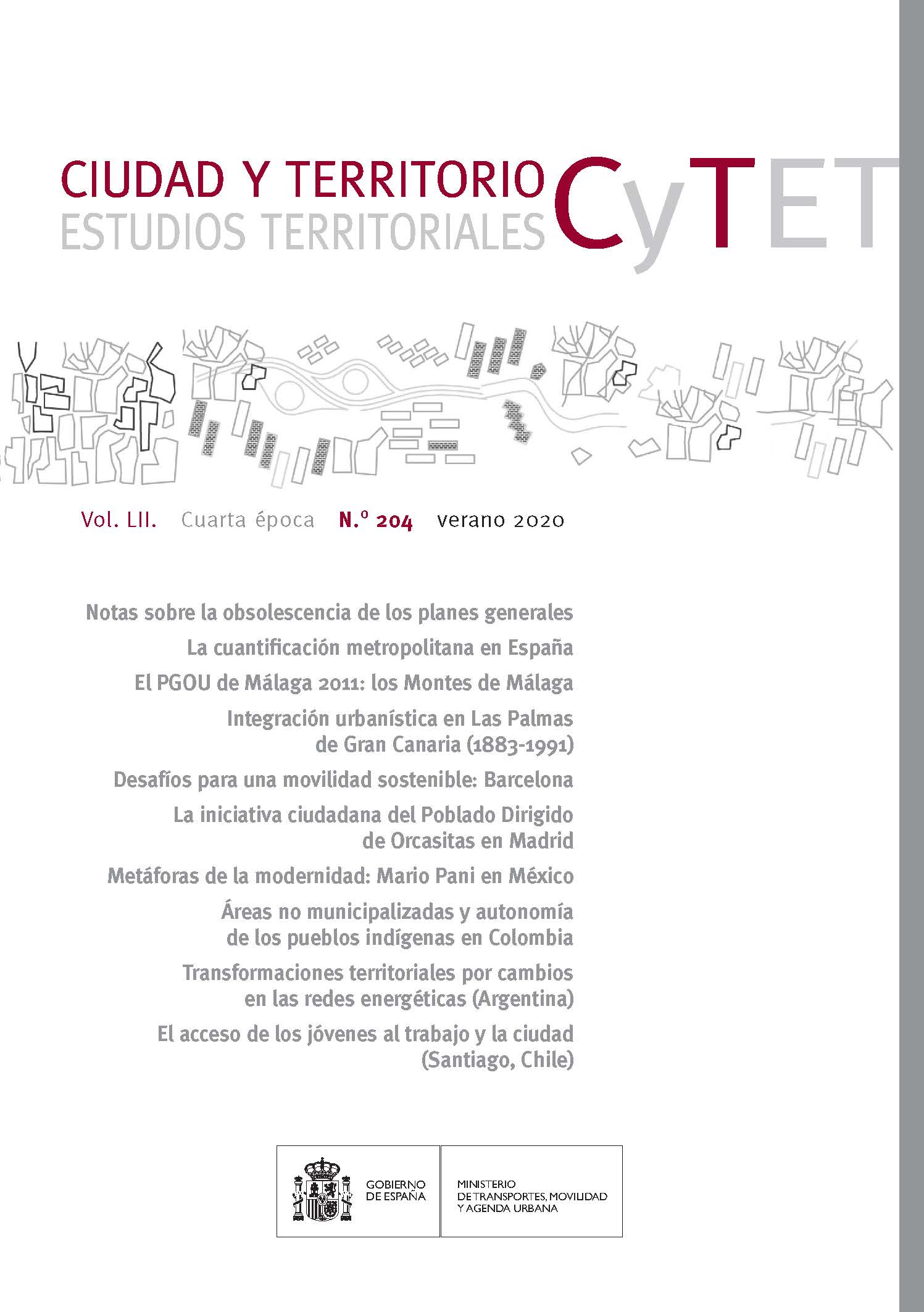Comparative analysis of the regulatory framework of the habitability conditions in housing in the Spanish Autonomous Communities
Keywords:
Habitability conditions, Health and hygiene conditions, Quality housing conditions, Regional and national legislationAbstract
Article. 47 of the Spanish Constitution states that “all Spaniards have the right to enjoy decent and adequate housing”, providing that “the public authorities shall promote the necessary conditions and establish the relevant rules to make that right effective”. This issue currently occupies covers and central spaces of the news section in the media, emphasizing, above all, the difficulties of access to housing, leaving, therefore, the habitability conditions that it must meet to be considered “decent and adequate” as a secondary issue. This study analyzes the existing regulations in this last concern and tries to identify common elements in it.
Downloads
Downloads
Published
How to Cite
Issue
Section
License
Copyright (c) 2020 María Consuelo Jiménez-Renedo

This work is licensed under a Creative Commons Attribution-NonCommercial-NoDerivatives 4.0 International License.
Considering the provisions of the current legislation on Intellectual Property, and in accordance with them, all authors publishing in CyTET give -in a non-exclusive way and without time limit- to the Ministry of Transport, Mobility and Urban Agenda the rights to disseminate, reproduce, communicate and distribute in any current or future format, on paper or electronic, the original or derived version of their work under a Creative Commons Attribution-NonCommercial-NoDerivative 4.0 license International (CC BY-NC-ND 4.0), as well as to include or assign to third parties the inclusion of its content in national and international indexes, repositories and databases, with reference and recognition in any case of its authorship.
In addition, when sending the work, the author(s) declares that it is an original work in which the sources that have been used are recognized, committing to respect the scientific evidence, to no longer modify the original data and to verify or refute its hypothesis. Author(s) also declare that the essential content of the work has not been previously published nor will it be published in any other publication while it is under evaluation by CyTET; and that it has not been simultaneously sent to another journal.
Authors must sign a Transfer of Rights Form, which will be sent to them from the CyTET Secretariat once the article is accepted for publication.
With the aim of promoting the dissemination of knowledge, CyTET joins the Open Journal Access (OA) movement and delivers all of its content to various national and international indexes, repositories and databases under this protocol; therefore, the submission of a work to be published in the journal presupposes the explicit acceptance by the author of this distribution method.
Authors are encouraged to reproduce and host their work published in CyTET in institutional repositories, web pages, etc. with the intention of contributing to the improvement of the transfer of knowledge and the citation of said works.








 Enlace a CyTET en Linkedin
Enlace a CyTET en Linkedin